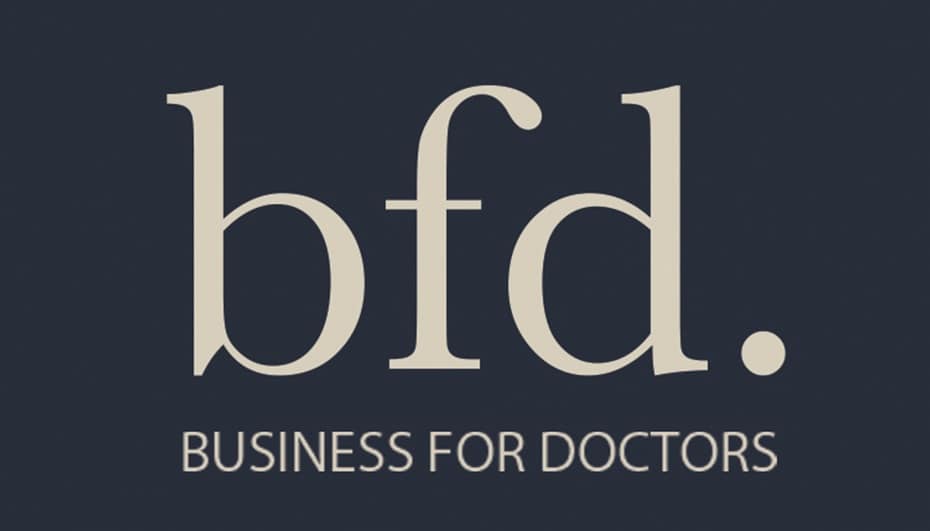
by Dr April Armstrong
Having purchased a number of residential and commercial properties I have always sought to understand the benefits and risks of fixing interest rates. Interest rates have been low and affordable over the past 10 years. My increasing income as a health professional buffered me from the fear of increasing interest rates. This allowed me to take advantage of the low variable interest rates.
Understanding the impact of a percentage rise helps to see the reasoning why some choose to fix interest rate mortgages for a period of time. The most common reason for fixing is that the initial property purchase has stretched the budget. This leaves no financial buffer should rates increase with a change in circumstances.
With interest rates tinkering on the rise it raises the question about the best time to fix interest rates, and according to a number of experts property investors should be discussing this with their banks and financial advisors now.
Fixed interest explained
A 2% increase in interest rates on a $500,000 loan will result in more than a $700 per month repayment increase. This is around $175 per week. As a health professional our financial buffer can allow us to absorb the increase. The negatively geared fees also assist with reducing taxable income. But what if you had five investment properties? What if one of those properties was vacant for a month or more? Suddenly the impact is far greater than the initial $175 per week.
Why choose a fix rate mortgage?
The main reason for fixing rates is certainty. Firstly you need to be certain you are going to remain the owner of that property for at least the fix term period to avoid expensive fees. Secondly you need to comfortable with repayments during that period. Finally you need to be certain you do not want to refinance or borrow against the equity during the fixed rate period. You could borrow against the equity but only by cross-securing loans which can complicated selling either of the properties in the future.
It is tempting to leave loans on variable rates while interest rates are low. However this could be the best time to be fixing in a 5 year rate and the certainty of repayments. When considering adding to a property portfolio and increasing your exposure to interest rates considering partial or fully fixed rates will reduce your risk.
Benefits of fixed rate mortgage
Of the advantages fixing a mortgage may also allow you to make fixed additional repayments. This would then reduce the duration of the loan and hence the total interest paid. This could be particularly valuable in paying off the family home. It could also work to your advantage with an investment property that is positively geared.
Disadvantages of a fixed rate mortgage
The greatest disadvantage of fixed interest is that you will not benefit from falling interest rates. Consideration should be made that additional repayments and re-draw facilities may not be available on loans. In addition the term and loan repayments are fixed preventing you from making additional payments. Offset accounts are difficult to find in a fixed interest loan. Exiting you loan during the fixed period will result in penalties which should be considered when entering into a contract.
Most banks allow for partial fixing on a loan. This can provide you the benefits of both loan structures. It is important to consider your own circumstances and discuss them with your bank and accountant to establish what will be the greatest benefit to you.




